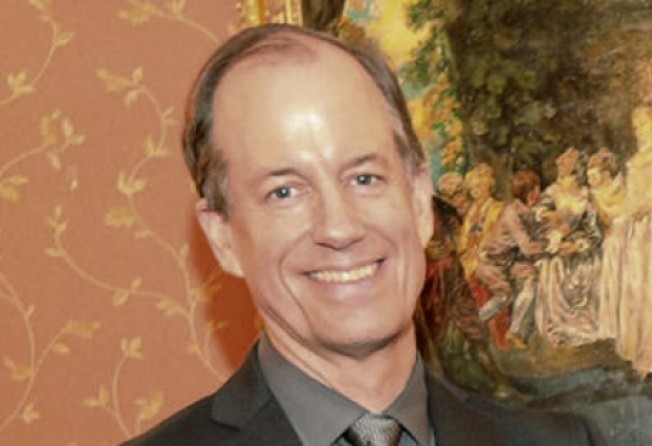Whistleblowers lack protection from US spy agencies, lawyer says
Lawyer for ex-NSA official calls a Pentagon inquiry into his retaliation claims a whitewash

Former National Security Agency official Thomas Drake became a symbol of the dangers whistleblowers face when they help journalists and the US Congress investigate wrongdoing at intelligence agencies.
He claims he was subjected to a decade of retaliation by the NSA that culminated in his being charged with espionage.
But when the Pentagon Inspector General's Office opened an inquiry into the former official's allegations of retaliation in 2012, it looked at only two of the 10 years detailed in his account, according to a recently released Pentagon summary of the investigation, before finding no evidence of retaliation. That finding ended Drake's four-year effort to return to government service.
Whistleblower advocates say Drake's experience, spelled out in a document obtained this month through the Freedom of Information Act, underscores the problem that intelligence and defence workers face in bringing malfeasance to the surface.
"This report epitomises the utter lack of protection for national security whistleblowers," said Jesselyn Radack, Drake's lawyer.
"This is a pathetic, anaemic excuse for an investigation."
Although investigators appear to have rejected Drake's claims almost a year ago, the Inspector General's Office did not publicly disclose its findings and had not shared them even with Drake's lawyers.
Representatives of the Pentagon Inspector General's Office and the Office of Special Counsel said they could not comment because they did not discuss specific cases, as a matter of policy.
The NSA, meanwhile, has said Drake was not retaliated against. The spy agency cites the espionage prosecution as the reason for suspending his security clearance and other actions, but it declined to comment further.
At Drake's sentencing hearing, where he was given probation on a misdemeanour charge, the judge criticised the government's handling of Drake's case, calling it "unprecedented" that a 10-count espionage indictment was dismissed just a few days before trial. The prosecutor said evidence was "coming up short".
Drake said the rejection of his claims by the Inspector General's Office set a dangerous precedent for oversight of spy agencies.
"What happened to me already had a chilling effect on whistleblowers relying on official channels," he said. "This is just more evidence that the system is corrupted."
Drake was one of the first officials targeted by the administration of President Barack Obama in its controversial use of the Espionage Act against those it suspects of leaking classified information to the media.
Drake's disclosures were protected under whistleblower laws, but the Inspector General's Office said it found no evidence NSA officials had retaliated against Drake as a result.
But the office limited its inquiry to personnel actions taken against Drake in 2007 and 2008, after the leak probe began. The report did not explain that decision, other than to say earlier allegations of retaliation were "outside the time period considered practical for investigation".